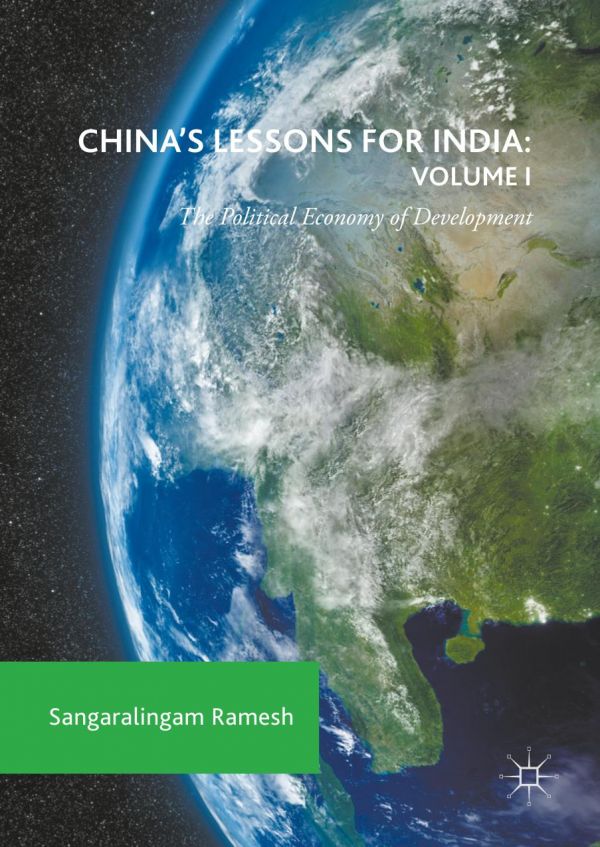

Most ebook files are in PDF format, so you can easily read them using various software such as Foxit Reader or directly on the Google Chrome browser.
Some ebook files are released by publishers in other formats such as .awz, .mobi, .epub, .fb2, etc. You may need to install specific software to read these formats on mobile/PC, such as Calibre.
Please read the tutorial at this link: https://ebookbell.com/faq
We offer FREE conversion to the popular formats you request; however, this may take some time. Therefore, right after payment, please email us, and we will try to provide the service as quickly as possible.
For some exceptional file formats or broken links (if any), please refrain from opening any disputes. Instead, email us first, and we will try to assist within a maximum of 6 hours.
EbookBell Team

5.0
40 reviewsThis book and its companion volume offer a better understanding of the lessons that Indian policymakers can learn from China’s economic experience over the last 40 years. The aim of the two books together is to evaluate China’s incremental reforms and how these reforms have impacted on the Chinese economy, based on a classical rather than from a neoclassical perspective using a case study method.
In this first volume, the author examines India’s emergence from socialism and central planning as being in sharp contrast to China’s experience, and considers how we might compare the institutional difference between the countries. It also covers a theoretical grounding for the comparison of the two largest populated countries in the world, which will be taken up by the second volume.